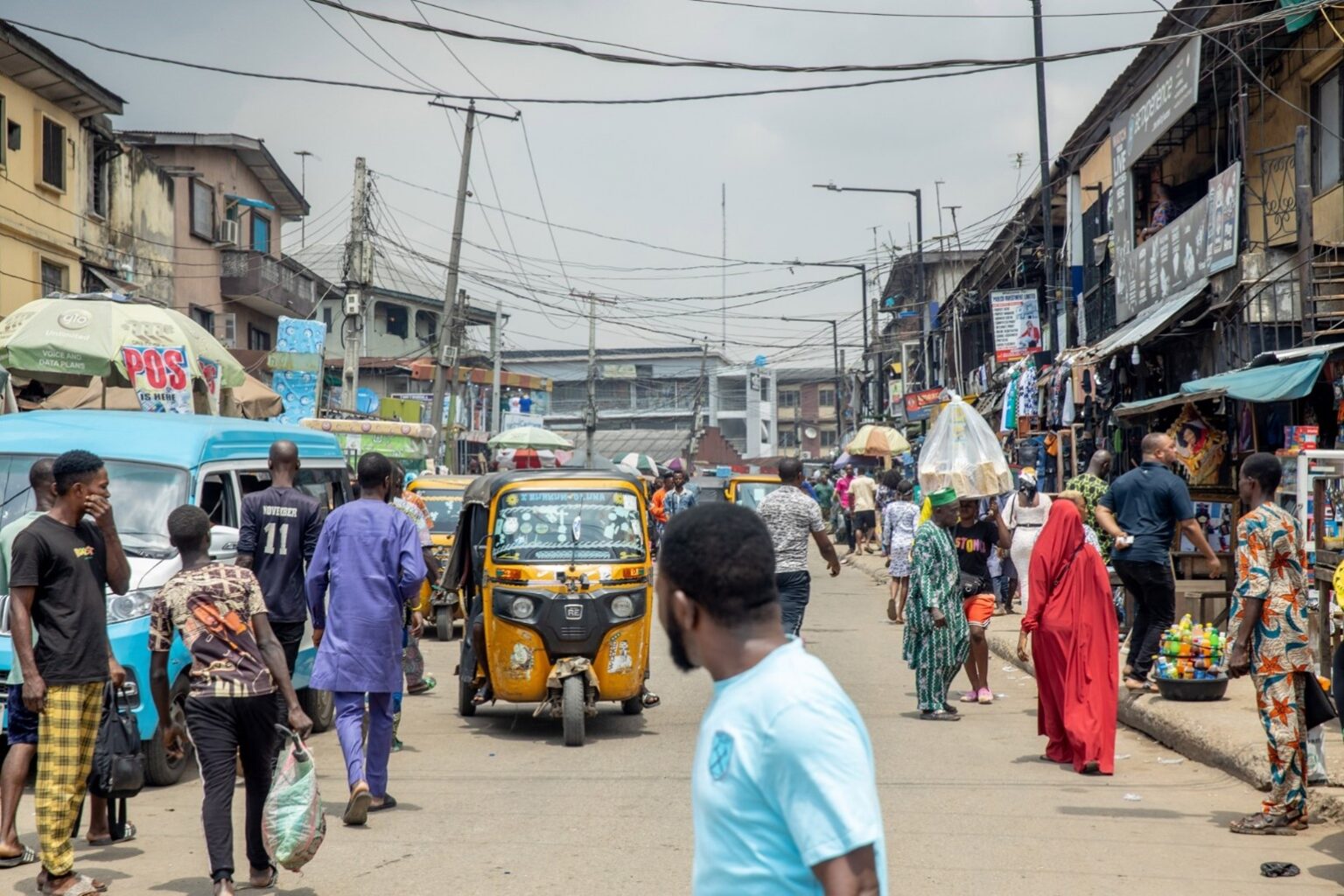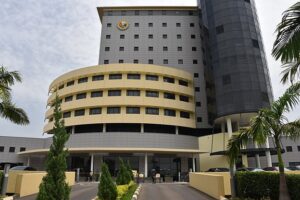Our Verdict
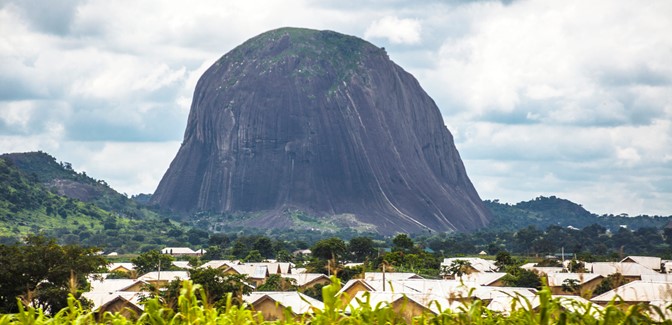
After a thorough analysis of the cost of living data for Nigeria and Ghana, the conclusion of the comparison indicates that Nigeria offers a slightly lower overall cost of living. However, Ghana presents superior quality of life factors that might outweigh the modest cost savings for many expats and immigrants.
Nigeria’s cost of living index of 19.0 is lower than Ghana’s 26.6, meaning consumer prices are generally cheaper in Nigeria. Yet, Ghana scores significantly higher on metrics such as political stability, civil rights, and healthcare access, which contribute to a better quality of life.
If your primary focus is on minimizing expenses, Nigeria’s lower prices for many goods and services make it the more affordable option. On the other hand, if you prioritize factors like safety, infrastructure, and overall livability, Ghana’s higher scores in these areas likely justify the moderately higher costs. Ultimately, your decision should depend on your individual priorities and circumstances in this case.
Why Choose Nigeria
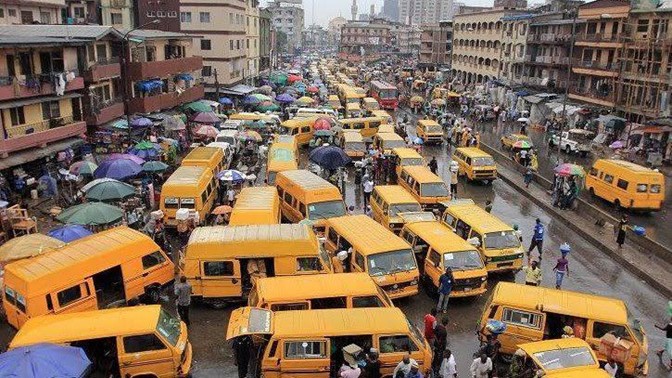
Choose Nigeria and benefit from one of the lowest costs of living worldwide, ranked 145th out of 146 countries on Numbeo’s cost of living index. If you’re aiming to dramatically reduce your expenses, especially in housing and transportation, Nigeria offers substantial opportunities for savings.
Who Nigeria Is Best For
Grab an opportunity to stay or visit Nigeria if you want to:
- Maximize savings and stretching income
- Create opportunities for entrepreneurs and business owners
- Benefit as an investor
- Seek cultural immersion if you’re an adventurous traveler
Who Nigeria Is Not Right For
Nigeria may not be the best choice if you:
- Prioritize safety and stability
- Manage a chronic health condition
- Lack the capabilities to navigate infrastructure challenges
- Consider air quality concerns
- Experience tough times adjusting to fast-paced environments
Why Choose Ghana
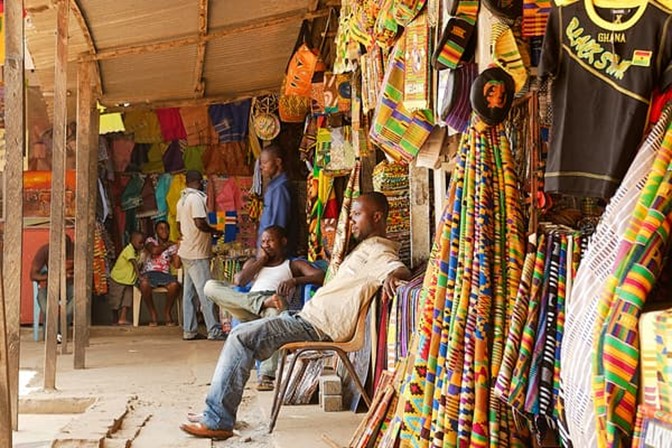
Consider Ghana for its balanced blend of affordability and quality of life. While it may be slightly more expensive than Nigeria, you will find that Ghana offers superior infrastructure, healthcare, and social stability, making the extra cost worthwhile.
Who Ghana Is Best For
Ghana is an excellent choice if you:
- Seek work-life balance
- Need to relocate with family
- Value stability in retirement
- Prioritize civil rights and political freedom
- Enjoy exploring new places
Who Ghana Is Not Right For
Consider exploring other African countries if you want to:
- Depend on a tight budget
- Experience big city amenities
- Enjoy specialized medical care
- Minimize tax burdens
- Target large market size
Nigeria vs. Ghana: Main Differences
Nigeria stands out for its distinction as Africa’s largest economy by GDP, abundant natural resources, dynamic entertainment industry (Nollywood), diverse cultural heritage with over 250 ethnic groups, burgeoning tech sector, and affordability with a notably low cost of living.
| Nigeria | South Africa |
Ideal For | Nigeria is ideal for if you prioritize rock-bottom living expenses and access to a massive consumer market, while being willing to contend with infrastructure challenges and security concerns. It’s best suited for resilient, adaptable individuals and businesses looking to tap into Africa’s largest economy. | Ghana is ideal for if you seek a more balanced experience, with moderately low living costs combined with better quality of life factors like political stability, healthcare, and ease of doing business. It’s well-suited for families, retirees, and those new to living in Africa who want a softer landing. |
Overall Cost of Living | Cost of living index of 19.0 (145th globally) | Cost of living index of 26.6 (135th globally) |
Economy | ● Member of ECOWAS (Economic Community of West African States), allowing for free movement of people and goods within the region ● Larger economy with more extensive trade relationships, particularly in the oil and gas sector ● Attracts significant foreign investment due to market size, but challenges with ease of doing business ● Large and influential diaspora, particularly in the UK and US, contributing to remittances and cultural ties | ● Also a member of ECOWAS, providing similar regional integration benefits ● Growing international trade presence, with strengths in gold, cocoa, and emerging tech sectors ● Increasingly attractive to foreign investors due to political stability and improving business climate ● Growing diaspora connections, with government initiatives to attract African-Americans and other members of the African diaspora |
Standout Qualities | ● Largest economy in Africa by GDP ● Vast natural resources, particularly oil and gas ● Vibrant entertainment industry (Nollywood) ● Diverse cultural landscape with over 250 ethnic groups ● Rapidly growing tech startup ecosystem | ● Political stability and democratic traditions ● Faster-growing economy in recent years ● Better infrastructure and power supply reliability ● Higher ranking on ease of doing business indices ● Rich historical sites and growing tourism industry |
Nigeria vs. Ghana: Standout Features
Ghana wins for its political stability and peaceful democratic transitions, improving infrastructure and more reliable power supply, better overall healthcare system compared to many African countries, strong education system with reputable universities, growing economy with diverse sectors beyond natural resources, easier business environment with less bureaucratic red tape, rich historical and cultural attractions, relatively low crime rates and safer environment, cleaner cities and better environmental management, and a friendly, English-speaking population.
Nigeria:
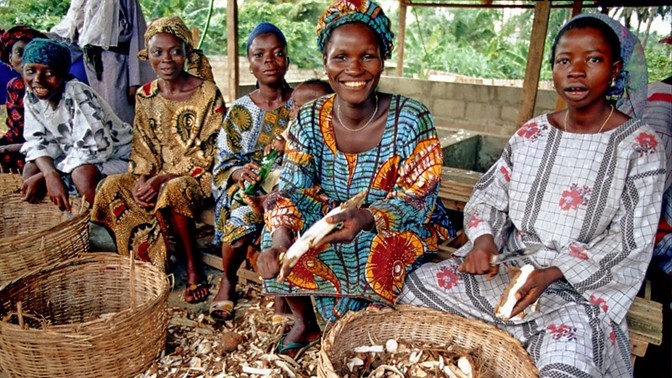
- Market Size: With a population of over 218 million, Nigeria offers unparalleled market opportunities in Africa.
- Economic Power: Nigeria’s GDP of $448 billion (2021) makes it the continent’s largest economy.
- Natural Resources: Vast oil and gas reserves provide significant economic advantages.
- Cultural Influence: Nigerian music, film, and literature have continental and global reach.
- Tech Innovation: Lagos is emerging as a major African tech hub, attracting international investment.
- Affordability: Extremely low cost of living, particularly in housing and local goods.
- Entrepreneurial Spirit: Dynamic business environment with opportunities for innovative startups.
- Youthful Population: Median age of 18.1 years offers long-term demographic dividend.
- Diverse Landscape: From coastal areas to savannah, Nigeria offers varied natural environments.
- International Presence: Strong diaspora communities contribute to global influence and remittances.
Ghana:
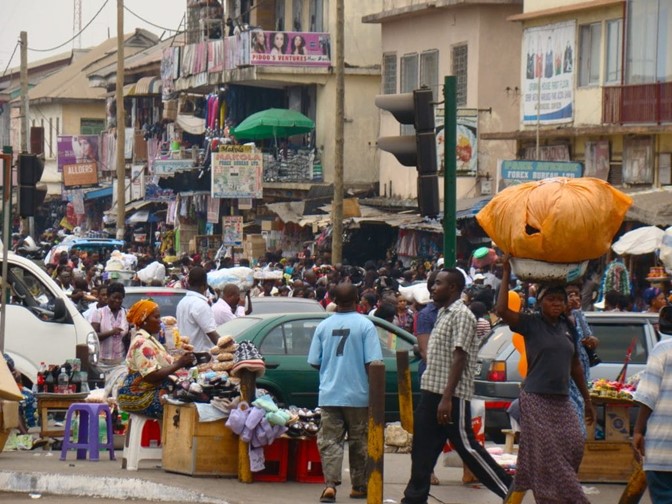
- Political Stability: Known for peaceful transitions of power and democratic governance.
- Quality of Life: Higher scores on various quality of life indices compared to Nigeria.
- Ease of Doing Business: Ranks better than Nigeria in World Bank’s Ease of Doing Business index.
- Education Hub: Home to prestigious universities and growing international student population.
- Tourism Potential: Rich historical sites, including former slave castles, attract international visitors.
- Cleaner Environment: Generally better air quality and environmental management than Nigeria.
- Infrastructure Development: More reliable power supply and improving transportation networks.
- Safety: Lower crime rates and fewer security concerns compared to parts of Nigeria.
- Healthcare: Better overall healthcare system with improving access to medical services.
- Regional Stability: Plays a key role in West African peacekeeping and diplomatic efforts.
Nigeria vs Ghana: Pros and Cons
Nigeria wins here making it a compelling choice despite its challenges with security, infrastructure, and healthcare.
Nigeria
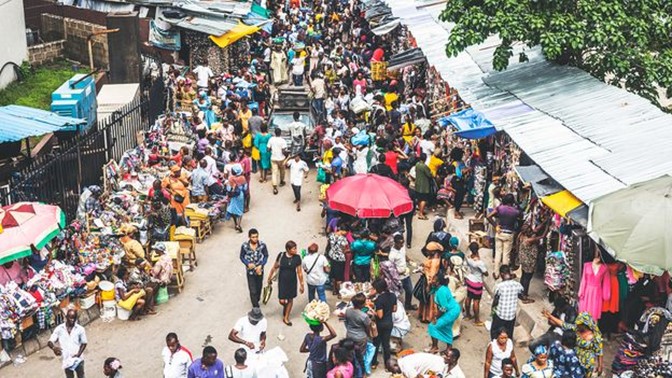
Pros:
- Enables Significant Savings: Extremely low cost of living allows for significant savings.
- Offering Vast Economic Opportunities: Vast economic opportunities in Africa’s largest market.
- Celebrates Rich Cultural Diversity: Rich cultural diversity and vibrant social scene.
- Building a Growing Tech Sector: Growing tech sector with increasing international investment.
- Drives Economic Growth with Natural Resources: Abundance of natural resources driving economic growth.
- Creates a Dynamic Workforce: Youthful population creating a dynamic workforce.
- Fosters a Strong Entrepreneurial Culture: Strong entrepreneurial culture and business opportunities.
- Influences Entertainment Industry: Influential entertainment industry (Nollywood) and music scene.
- Showcases Diverse Cuisine: Diverse cuisine and culinary traditions.
- Extends Warm Hospitality: Warm and welcoming people known for their hospitality.
Cons:
- Faces Security Challenges: Security challenges in certain regions.
- Experiences Power Supply Issues: Unreliable power supply and infrastructure issues.
- Deals with High Levels of Corruption: High levels of corruption affecting business and daily life.
- Navigate Healthcare Limitations: Healthcare system limitations and accessibility issues.
- Encounter Transportation Difficulties: Traffic congestion and transportation difficulties in major cities.
- Struggle with Air Pollution: Air pollution and environmental concerns, particularly in urban areas.
- Manage Bureaucratic Hurdles: Bureaucratic hurdles for business operations and daily tasks.
- Confront Income Inequality: Income inequality and high poverty rates.
- Face Limited Social Safety Nets: Limited social safety net and public services.
- Navigate Political and Economic Volatility: Potential for political instability and economic volatility.
Ghana
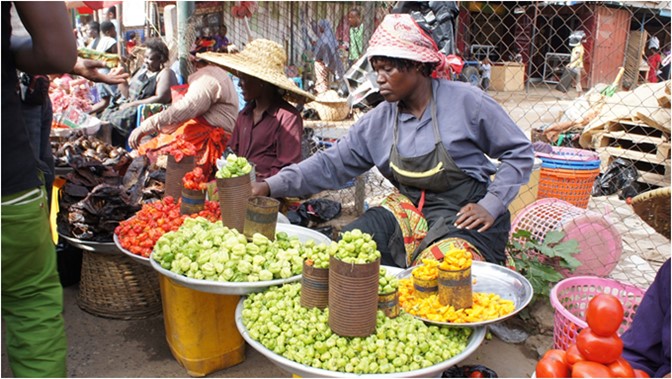
Pros:
- Ensures Political Stability: Political stability and peaceful democratic transitions.
- Improves Infrastructure: Improving infrastructure and more reliable power supply.
- Enhances Healthcare Services: Better healthcare system compared to many African countries.
- Offers Strong Education: Strong education system with reputable universities.
- Promotes Diverse Economy: Growing economy with diverse sectors beyond natural resources.
- Streamlines Business Environment: Easier business environment with less bureaucratic red tape.
- Preserves Rich History and Culture: Rich historical and cultural attractions.
- Maintains Safety: Relatively low crime rates and safer environment.
- Promotes Environmental Responsibility: Cleaner cities and better environmental management.
- Extends Friendly Hospitality: Friendly, English-speaking population.
Cons:
- Face Higher Costs: Higher cost of living compared to Nigeria.
- Struggle with Limited Market Size: Smaller market size limiting some business opportunities.
- Manage Natural Resource Constraints: Fewer natural resources compared to some neighboring countries.
- Deal with Higher Tax Rates: Higher tax rates which may impact businesses and high-income earners.
- Navigate Transportation Limitations: Limited public transportation options in many areas.
- Adjust to Slower Pace: Slower pace of life may be challenging for those used to more dynamic environments.
- Navigate Limited Flight Connections: Fewer international flight connections compared to Nigeria.
- Explore Limited Landscape Diversity: Less diverse landscape and tourism options.
- Navigate Expatriate Community Challenges: Smaller expatriate community in some sectors.
Nigeria and Ghana: Alternatives
When considering alternatives to Nigeria and Ghana for expatriates, investors, or those seeking a lower cost of living in West Africa, several countries emerge as potential competitors:
- Senegal: Senegal, for instance, boasts a stable democracy and a growing economy, with the advantage of French-speaking communities. However, it does come with a higher cost of living compared to Nigeria or Ghana and has a smaller market size.
- Côte d’Ivoire: Côte d’Ivoire (Ivory Coast) offers rapid economic growth and business-friendly reforms, also benefiting from French-speaking advantages. Yet, it faces political tensions and higher living costs, particularly in Abidjan.
- Kenya: In East Africa, Kenya serves as a tech hub with more developed infrastructure and widespread use of English. Nevertheless, it carries a higher cost of living and concerns over security in certain areas.
- Rwanda: Rwanda is rapidly modernizing with very clean cities and a favorable business environment, although it has a smaller market and potential political restrictions.
- Tanzania: Tanzania, known for its natural beauty and growing economy, enjoys political stability but lags in infrastructure development and faces language barriers with Swahili predominance.
- South Africa: South Africa, with Africa’s most developed economy and world-class cities, offers high living costs, safety concerns, and significant unemployment issues.
- Ethiopia: Ethiopia, marked by a fast-growing economy and rich ancient culture, presents a lower cost of living but suffers from political instability and underdeveloped infrastructure.
- Namibia: Namibia boasts political stability, natural beauty, and good infrastructure, yet it has a small population and a higher cost of living compared to West Africa.
- Morocco: Morocco, in North Africa, benefits from a developed tourism sector, proximity to Europe, and modern infrastructure. However, it comes with a higher cost of living and cultural/language differences distinct from West Africa.
Each of these countries presents unique advantages and challenges compared to Nigeria and Ghana, including factors like language, economic focus, geographic location, and cultural similarities, which will influence their suitability as alternatives for different individuals or businesses.
Pro Tips
- Research Thoroughly: Before deciding between Nigeria and Ghana, visit both if possible. Experience the day-to-day realities firsthand.
- Network in Advance: Connect with expat communities online before moving. Their insights are invaluable for a smooth transition.
- Learn the Local Language: While English is widely spoken in both countries, learning some Pidgin English (Nigeria) or Twi (Ghana) can greatly enhance your experience.
- Understand Visa Requirements: Both countries have different visa processes. Start early and ensure all documentation is in order.
- Prepare for Healthcare limitations: Bring any essential medications and research healthcare options, including international insurance coverage.
- Plan for Banking Setup: Investigate the best banking options for expats, including mobile money services which are popular in both countries.
- Be careful with Housing Choices: Consider different neighborhoods and housing types. Gated communities are popular among expats but local areas offer more cultural immersion.
- Learn to Navigate Your Locations/Destinations with Transportation Planning: In Nigeria, many expats hire drivers due to traffic conditions. In Ghana, it’s more feasible to drive yourself or use public transport.
- Get Ready for Cultural Shocks: Both countries have rich, complex cultures. Take time to understand local customs and etiquette to avoid unintentional offense.
- Practice the Business Etiquette: If working or doing business, understand the unique business cultures. Personal relationships are highly valued in both countries.
- Purchase Backup Power Solutions: In Nigeria especially, have backup power options like generators or inverters due to frequent outages.
- Have Dietary Adjustments: Both countries offer delicious local cuisines, but also prepare for potential dietary changes and availability of familiar foods.
- Be ready for Climate Adaptation: Both countries have hot, humid climates. Plan your wardrobe accordingly and be prepared for the rainy seasons.
Recap
After a detailed examination of the cost of living metrics for Nigeria and Ghana, the analysis concludes that while Nigeria offers a slightly lower overall cost of living, Ghana provides superior quality of life factors that may outweigh the modest savings for many expatriates and immigrants.
Nigeria maintains a lower cost of living index at 19.0 compared to Ghana’s 26.6, indicating cheaper consumer prices in Nigeria. However, Ghana excels in metrics such as political stability, civil rights, and healthcare access, contributing to a better overall quality of life.
If cost minimization is your priority, Nigeria’s affordability in goods and services makes it a compelling choice. Conversely, if factors like safety, infrastructure reliability, and overall livability are paramount, Ghana’s higher scores in these areas justify its slightly higher costs.
Ultimately, the decision between Nigeria and Ghana should hinge on individual priorities and circumstances, whether you prioritize financial savings or enhanced quality of life amenities. Both countries offer unique advantages that cater to diverse needs in West Africa.


